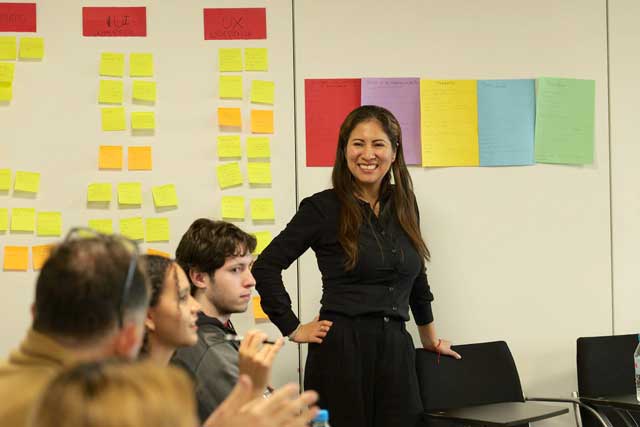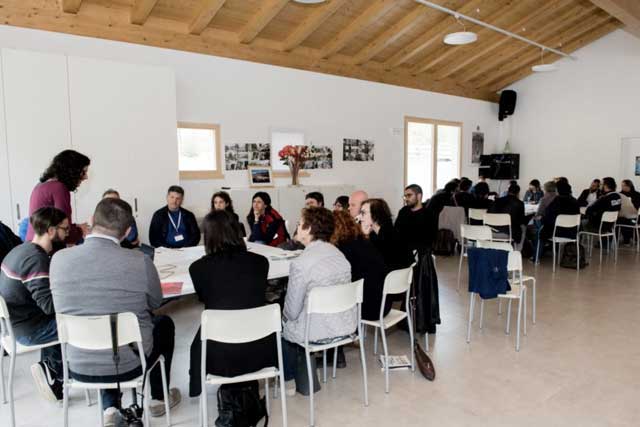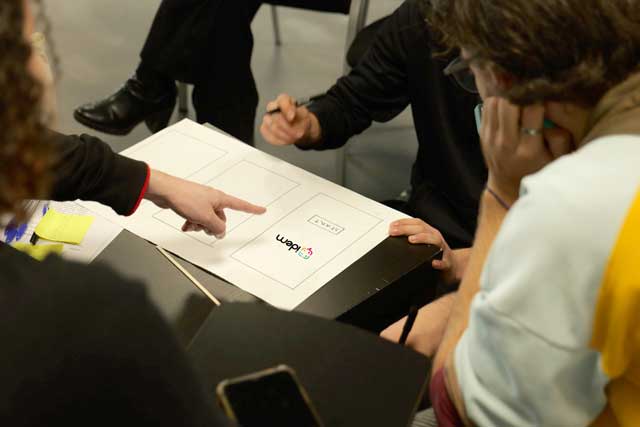Discover the use cases
In order to test the new iDEM democratic spaces 4 use cases will be co-created and developed in 4 cities alongside our partners directly working with citizens experiencing democratic exclusion, such as people with disabilities, migrants and older people.


Use case 1
The urban area of Las Rozas near Madrid runs several participatory processes every year. However, due to language barriers, people with disabilities and migrants are excluded from these processes. iDEM will assist in a piloting activity to be carried out in Las Rozas in order to design and implement an accessible and inclusive participatory space in a Web-based platform to run a consultation process. iDEM will design and implement a top-down (from the institution to the people) use case in which topics of government interest (e.g. mobility, pollution, sustainability) are suggested by the democratic organisation for public deliberation, in which citizens are invited to participate and deliberate.




Use case 2
Several cities and regions in Italy have been running deliberative processes such as mini-publics or civic assemblies on matters of public interest. iDEM will use theoretical and practical knowledge in participatory and deliberative processes to monitor the level of inclusiveness of several current processes in Italy to identify current topics of debate. A parallel bottom-up (from the people to representatives) deliberative democratic space will be piloted which will contain all identified features in the analysis, text accessibility and text production tools to enhance participation of less represented groups.




Use case 3
People with communication difficulties seek to discuss issues affecting their lives as residents of Barcelona and to inform the Barcelona Ombudsman’s Office so that their needs can be addressed. Taking a transversal approach—engaging individuals, organizations, and the government—iDEM will first provide an accessible and inclusive space, equipped with text accessibility and text production tools, to facilitate the selection of issues impacting the community. The Ombudsman’s Office will then consider the identified concerns and, applying an intersectional approach, use iDEM’s deliberative spaces to engage a broader sample of Barcelona’s citizens in discussions. The conclusions and recommendations will be compiled to help inform policy decisions.




Use case 4
In 2024, the Maltese government published 58 public consultations requesting all residents to give their opinion, comments, and feedback on national strategies, policies, or reforms. None of these calls was accessible for persons with intellectual disabilities due to complex language. This makes it impossible to understand the issue under deliberation, to develop an informed opinion, and to exert their democratic right to participate in the decision-making process on matters that directly affect their daily lives. This use case will use the iDEM technology for automatic text simplification to give persons with disabilities access to texts related to democratic processes. Understanding of the simplified texts will be measured with empirical-experimental methods.



Want to know more?
We would love to hear from you! Whether you have a question about our use cases or the team of EU experts behind iDEM. We are here to answer your questions.
contact us

